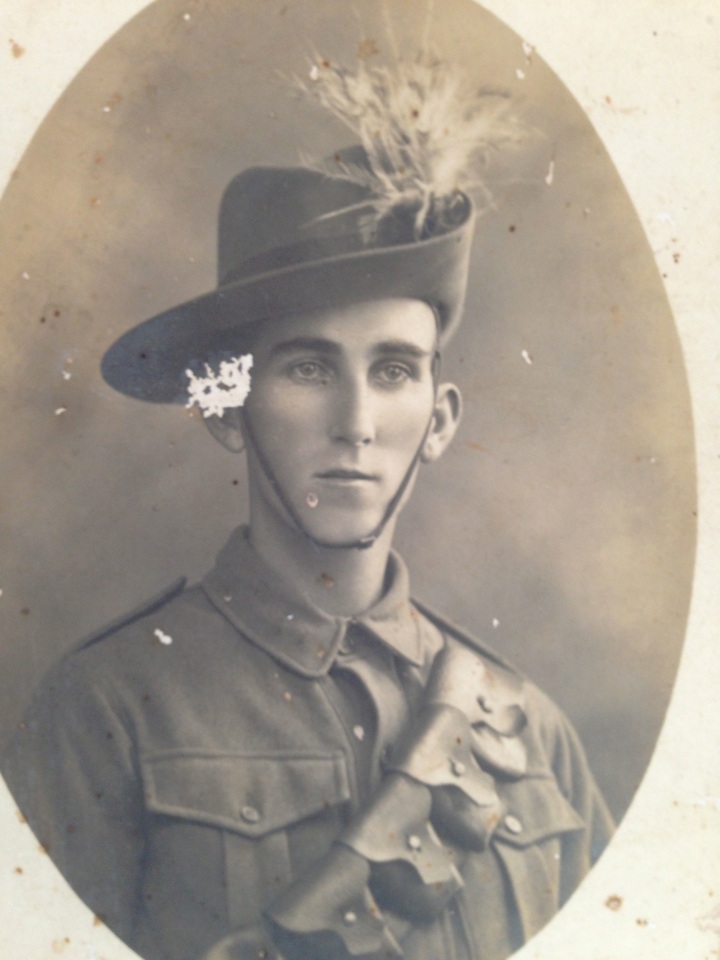Australian news audiences will judge you harshly if you are incorrect when you report ‘war stories’.
By ‘war stories’ – I mean the news stories about Australia’s involvement in wars – often battle ‘anniversary stories’. 2016 was a big year for stories remembering great battles from 1916 (100-year commemorations) and Australia’s Battle of Long Tan in Vietnam in 1966 (50-year commemoration). 2017 and 2018 will also be big years for 100-year commemorations of World War I battles Australians fought and died in.
From my experience in 2016 as Deputy News Director at a major Australian commercial television network – I know first-hand how Australian news audiences know and care about ‘war stories’.
Many Australian families (including mine) have ‘personal family connection’ to the great battles. My grandfather’s brother survived Gallipoli in 1915 – and was killed at Passchendaele in 1916. So many Australian families have similar ‘connections’ and this history is passed down through generations. The most ‘complaint calls’ to the newsroom I have heard related to inaccuracies in these ‘war stories’.

I urge all newsrooms to take special care when covering ‘war stories’.
- Check the spelling of the names of battles (usually named after where the battles took place).
- Make sure you pronounce the names correctly.
- Be aware and be careful that young reporters may get facts or descriptions incorrect. More mature media people (over 40) grew up learning about Australia’s military history. Younger reporters and production staff may not have the same knowledge. Subs must take special care in supervising these stories.
FOR EXAMPLE: Casualties = dead and wounded – not just the number killed. So it’s inaccurate to take the number of casualties and report it as ‘how many died in a battle’.
The Australian War Memorial often has resources to help the media report these stories correctly. I encourage newsrooms to use these resources.
Newsrooms are under increasing pressure to pump more and more bulletins and updates to air. More and more mistakes can happen in this rush.
As mentioned, 2017 and 2018 will be big years for 100-th anniversary stories of battles from World War One.
I urge you to be careful with ‘war stories’ as your audience can be very unforgiving if you make mistakes. These stories are more than ‘news content’ – many people are emotionally connected to these stories.
Reblogged this on efangelist.
LikeLike